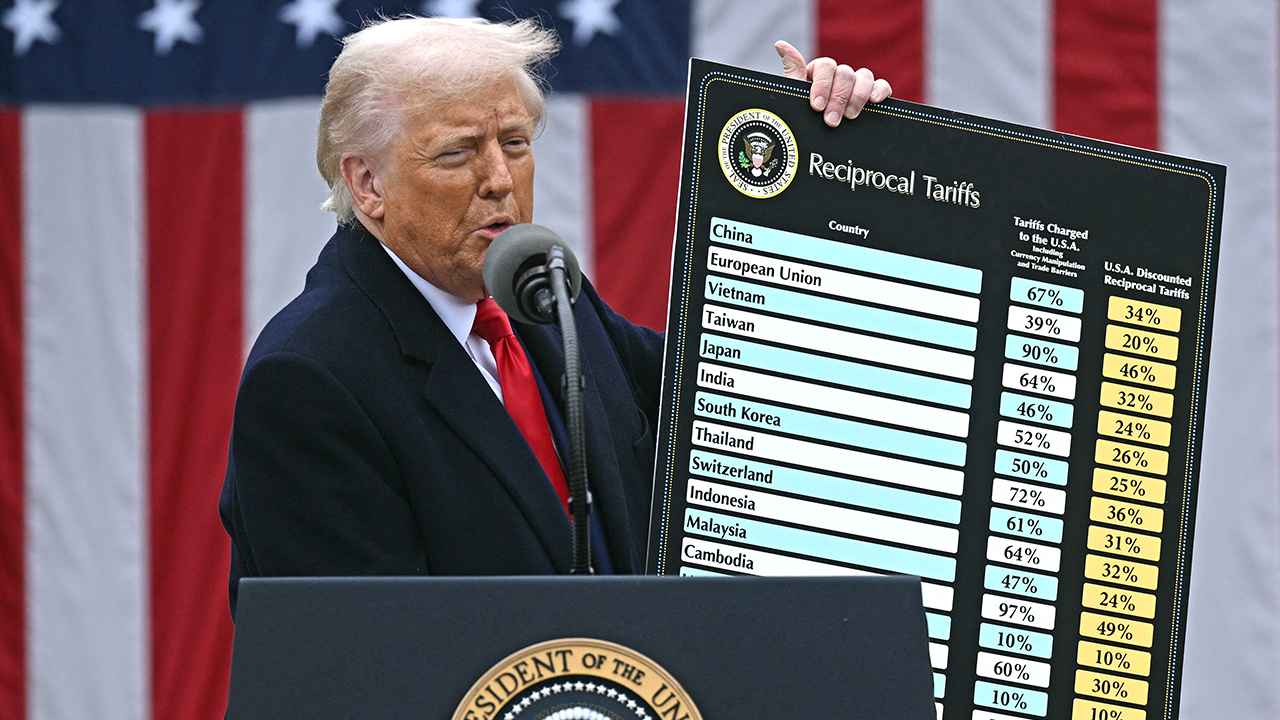WASHINGTON — Democratic fundraising powerhouse ActBlue changed its fraud policy twice during the 2024 campaign, implementing “more lenient” standards that let foreign money to flow to US campaigns, according to internal company documents and other records exclusively obtained by The Post.
The ActBlue fraud-prevention standards changed in April 2024 and again that September, with the relaxed guidelines allowing between 14 and 28 more fraudulent contributions per month.
The platform had already allowed donors to give money without a card verification value (CVV) for transactions until January 2024 — roughly halfway through the election cycle — and the new standards still instructed ActBlue employees to “look for reasons to accept contributions.”
The firm’s fraud-prevention specialist also shifted their focus to “DEI work,” while listing in performance goals “not allowing more than 10% additional missed fraud” from all political donations.
By December 2024, a sheet tallying the “known instances of fraud” revealed hundreds of donations — including from Brazil, Colombia, India, Iraq, the Philippines and Saudi Arabia, among other nations — were going toward Democratic campaigns and causes.
ActBlue did not require CVVs for online transactions with debit cards, credit cards or prepaid gift cards, even as some donors gave well beyond their means or to the opposite party from the one they usually back.
That resulted in state-level probes and a bombshell racketeering lawsuit brought by a Wisconsin Republican strategist that alleged ActBlue stole his identity to allow 385 fraudulent contributions to go toward liberal groups — including Vice President Kamala Harris’ super PAC.
A communications memo in early 2024 stressed that the changes to the CVV policy should take place “quietly.”
“Keep as much distance between CVV and the concept of ‘security’ as possible,” the memo states, while acknowledging the risks of “money laundering” and “straw donors.”
Many of the fraudulent contributions stretched back over the previous four years, with the Democratic National Committee, Democratic Kansas Gov. Laura Kelly, and Reps. Steven Horsford (D-Nev.) and Kevin Mullin (D-Calif.) initially receiving donations.
Between September 2022 and November 2024, ActBlue racked up 1,900 fraudulent transactions in total, but House Republicans who published the company’s internal documents in a report claim the suspicious donations are far more “widespread.”
It’s unclear whether all the donations that were detected were returned, though internal records show that gifts discovered by the fraud prevention team were often rejected.
“ActBlue acknowledges that serious gaps in its fraud prevention systems remain,” the interim report from the House Oversight and Administration Committees stated. “Internal communications explain that ‘if someone could coordinate a big attack where each individual donation fell below the [fraud review] threshold, they would go through.'”
“Altogether, ActBlue’s internal documents and communications paint a damning picture: despite repeated instances of fraudulent donations to Democrat campaigns and causes from domestic and foreign sources, ActBlue is not demonstrating a serious effort to deter fraud on its platform,” the 478-page report declared.
“At best, ActBlue’s conduct displays a profound disrespect for the principle that only Americans should decide American elections. At worst, it may violate the Federal Election Campaign Act of 1971 (FECA), which states that persons who “knowingly accept a contribution made by one person in the name of another person” may face criminal liability.
On Wednesday, Oversight Chairman James Comer (R-Ky.), Administration Chairman Bryan Steil (R-Wis.) and House Judiciary Committee Chairman Jim Jordan (R-Ohio) fired off a letter to ActBlue CEO Regina Wallace-Jones, demanding more documentation and details on the “internal turmoil” leading to resignations.
Seven senior ActBlue officials have resigned from their posts as of late February, the New York Times reported, and the “last remaining lawyer in the ActBlue general counsel’s office” went on leave after alleging he was retaliated against.
Last month, lawmakers requested Suspicious Activity Reports (SARs) from the Treasury Department about the lefty fundraising platform.
The Post obtained a GOP memo in October that claimed “hundreds” of the SARs possibly implicating ActBlue had already been flagged by former President Joe Biden’s Treasury Department.
ActBlue funneled nearly $2 billion in the 2024 election cycle to Democratic candidates and causes — with $46.7 million channeled directly to Harris’ campaign within hours of her succeeding President Biden as the party’s White House nominee.
In total, the fundraising platform helped raise more than $16 billion for Democratic groups since 2004.
Reps for ActBlue did not immediately respond to a request for comment.

 By New York Post (Politics) | Created at 2025-04-02 18:23:06 | Updated at 2025-04-03 16:19:00
22 hours ago
By New York Post (Politics) | Created at 2025-04-02 18:23:06 | Updated at 2025-04-03 16:19:00
22 hours ago







